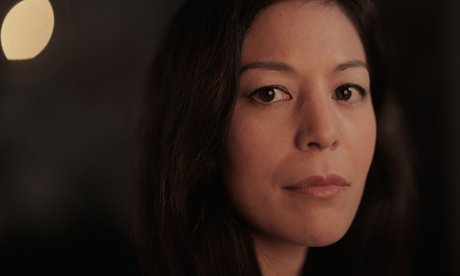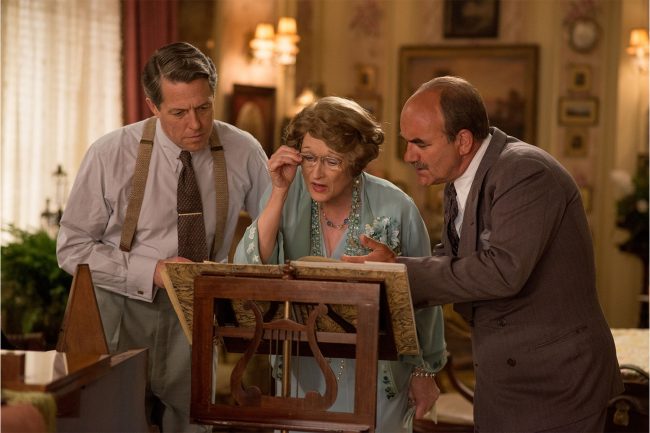Set against the backdrop of post-war Britain, John Osborne’s modern classic THE ENTERTAINER conjures the seedy glamour of the old music halls for an explosive examination of public masks and private torment. Rob Ashford directs Kenneth Branagh as Archie Rice in the final production of the Plays at the Garrick season.
“Branagh rises to the occasion with a performance that is never less than thoroughly arresting. [Four out of five stars.]” (Paul Taylor, Independent)





 We’ll also soon screen two by Michelangelo Antonioni:
We’ll also soon screen two by Michelangelo Antonioni: 
![FFJ-CC-600-x-250[3]](https://blog.laemmle.com/wp-content/uploads/2016/08/FFJ-CC-600-x-2503.jpg)







